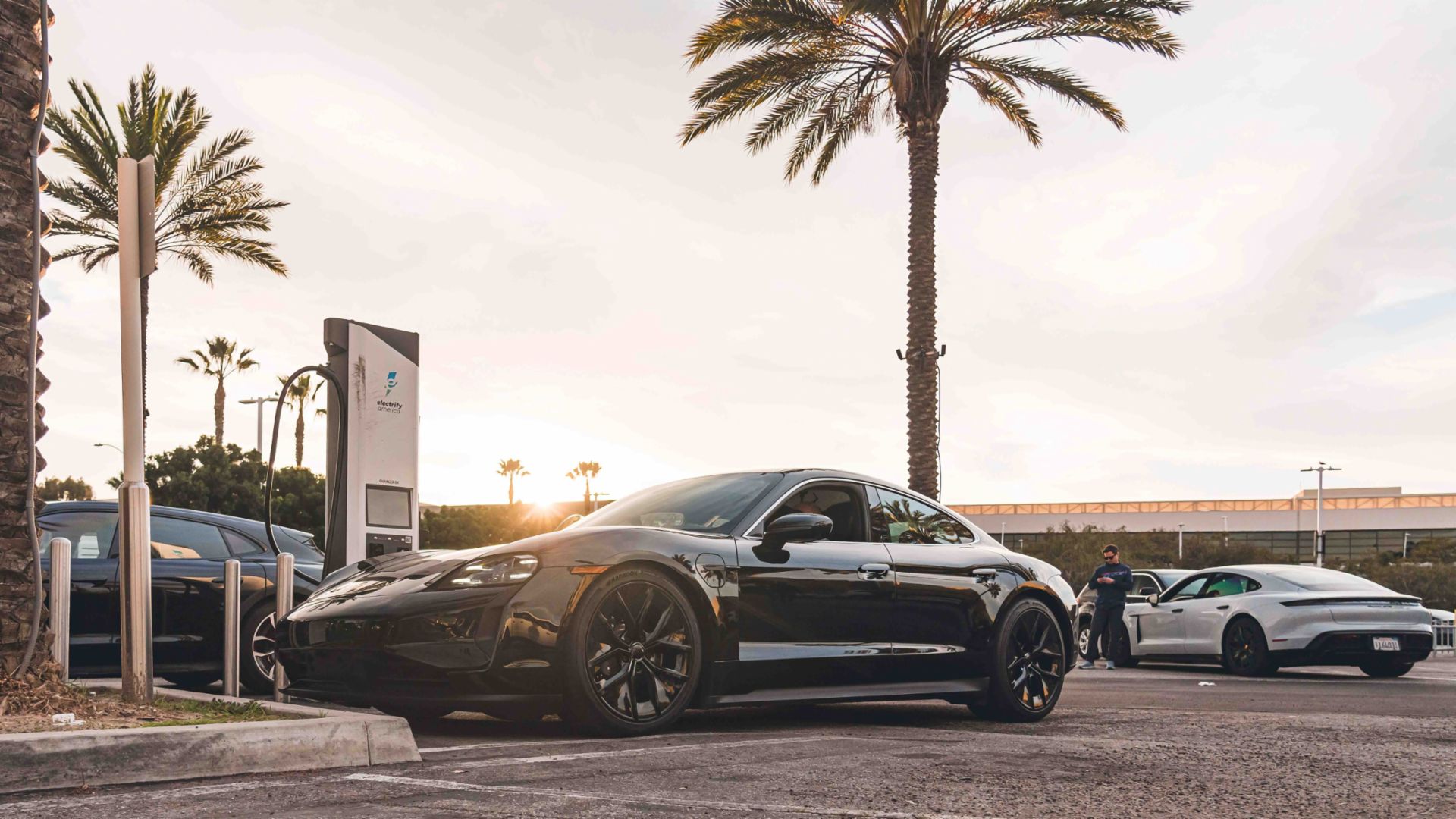Automotive: Porsche forced to downgrade EV goals
As consumers increasingly reject all-electric cars, German automaker Porsche has admitted that EV sales are not what they hoped and are forced to back way off their EV goals.
Previously, the brand was aiming for 80% of its sales to be all-electric by 2030, but it has since backed off this ambitious goal, reports Reuters.
With two new electric vehicles in the lineup (Macan Electric and Taycan), Porsche had hoped to reach this target in the coming years, but dwindling demand for EVs has forced the manufacturer to make a change. “The transition to electric cars is taking longer than we thought five years ago,” said Porsche in a statement.
Sales of Porsche electric vehicles haven’t been as high as initially hoped, with varying levels of popularity in different markets. While demand is reasonable in China, sales have slowed in Europe and are middling in the United States. 2024 year-to-date US sales of the Taycan have declined compared to last year, reflecting the larger stagnant EV market.
YTD 2024 sales show Porsche has delivered just 2,054 units of the Taycan. Comparatively, the automaker sold 6,720 911s and 12,004 Macans during the same period.
The company added, “Our double strategy [ICE and EV] is more important than ever.”
GM, for example, will introduce plug-in hybrids by 2027, while Mercedes recently announced it would invest billions in ICE technology to keep existing engines and hybrid drivetrains as efficient as possible. While Audi is determined to achieve its EV goals, the Ingolstadt-based brand has implemented a new strategy that includes hybrids, plug-in hybrids, and EVs so as not to alienate customers.
Millions of spent EV batteries is an environmental disaster in the making
Profitability of recycling millions of EV batteries in the future is a major barrier.
Though lithium-ion batteries contain valuable metals, they are challenging to take apart and the minerals are hard to extract from the tight layers of inorganic and organic compounds.
By one estimate, the cost of recycled lithium is five times that of virgin lithium from brine-mining. Compare that with lead-acid batteries in combustion cars, which are almost entirely diverted from landfills and recycled.
“It’s easy as pie to recycle a lead-acid battery in comparison to a lithium-ion battery,” says geologist Jens Gutzmer, director of the Helmholtz Institute Freiberg for Resource Technology in Germany.
